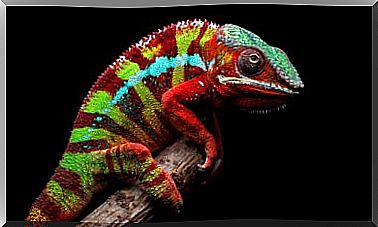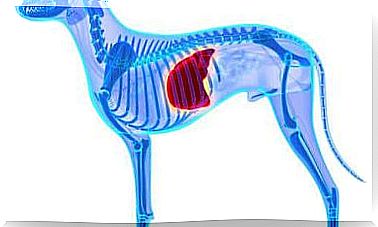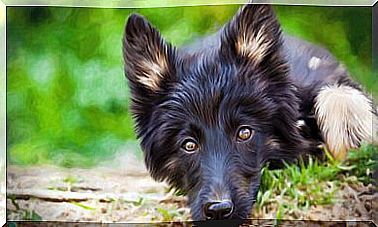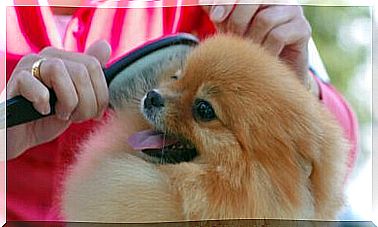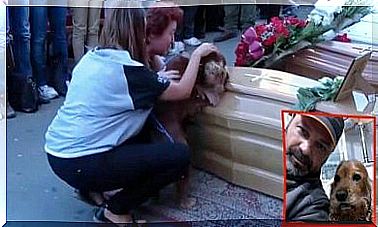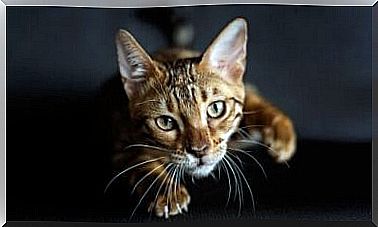What Causes Coccidiosis In Chickens?
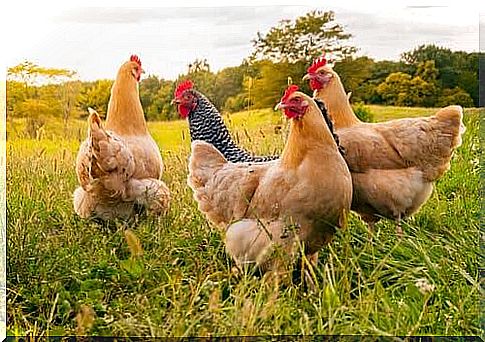
Coccidiosis in chickens is caused by a microscopic parasite called coccidi, which is transmitted through the droppings of infected birds. In other words, wherever there is a microscopic trace of bird poop – a trough, a drinking trough or in the bed – the coccidia will almost certainly be present.
Symptoms of coccidiosis include weight loss, pallor, wrinkled feathers, depression, crowding, poor appetite, and watery or bloody diarrhea. All birds are at risk, but growing birds and young adults three to five weeks old appear to be more susceptible.
Good health
The good news is that chickens and chickens generally enjoy good health and a strong immune system. These birds are ‘equipped’ to protect themselves against coccidiosis as long as they are not stressed or exposed to unhealthy conditions.
A mild case may even go unnoticed. Once the bird has survived an outbreak, it will be immune to this particular coccidia organism (there are nine different species).
The other good news is that each coccidia species is ‘host specific’. This means that the type of coccidia that can infect turkeys is not the same that can infect chickens (or geese or quail, etc.). Therefore, coccidiosis in chickens cannot be transmitted to a goose, it can only be transmitted from chicken to chicken.
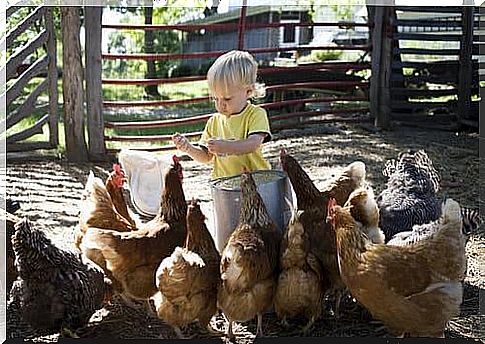
When coccidiosis in chickens manages to proliferate uncontrollably, it invades the lining of the intestine, causing tissue damage and interfering with nutrient absorption. This can be devastating for a bird.
How to prevent coccidiosis in chickens
One of the best ways to prevent an outbreak of coccidiosis in chickens is to carry out responsible cleaning and proper waste management. Coccidia thrive in hot, humid conditions, making the wet litter around the chicken house a haven for these and many other parasites.
Believe it or not, when conditions are right, coccidia can survive up to four years outside a bird’s body. And these small, resistant organisms can be transmitted through boots, equipment, insects and rodents. Therefore, you will need a multi-tiered approach to minimize the threat.
Suggestions
- Keep the premises as dry as possible. Coccidia love moisture.
- Never introduce new adult birds into the house. Birds that look healthy can carry a number of deadly diseases. Quarantine them first.
- Raise puppies singly. Mature birds can transmit diseases and parasites to young and vulnerable birds.
- Thoroughly clean and disinfect anything the puppies come into contact with. When everything is dry, place 4 to 15 cm of fresh, dry foliage material – wood chips or commercial absorbent bedding – on the floor.
- Provide clean water at all times. If possible, raise the drinker slightly and clean it often. If you are not willing to drink this water yourself, it is not clean enough.
- Never let the trough run dry, as this will force the birds to look for water in puddles, which are almost certainly contaminated.
- Let sunlight do part of the work. This parasite hates sunlight, and it acts as a natural disinfectant. Incorporate as much natural sunlight as possible into your hatchery.
- Ask your veterinarian about vaccination. There is a commercial vaccine against coccidiosis in chickens, but it is not beneficial for all types of birds.
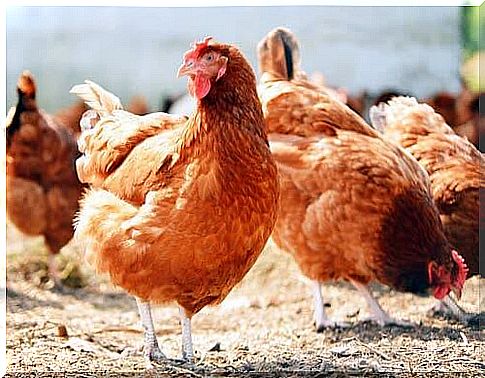
Remember: exposure to coccidia is not the threat, it honestly is unavoidable. Even wild birds carry coccidia. The serious threat comes from prolonged overexposure to coccidia in a stressful and unhealthy environment, which can overwhelm a bird’s immune system.
Good nutrition against coccidiosis
There’s another important weapon you can use as a multi-level defense against coccidiosis in chickens: medicated feeds containing a coccidiostat that controls the growth of coccidia in the digestive tract.
These foods provide a complete, balanced diet for the birds for which they were bred. No other food supplement is needed.
When you consider that a strong immune system is a bird’s best natural defense against coccidia and other diseases, investing in good nutrition right from the start is a smart way to ensure your animals’ health.
